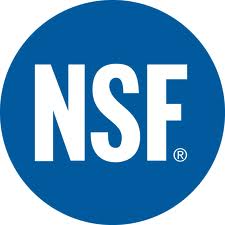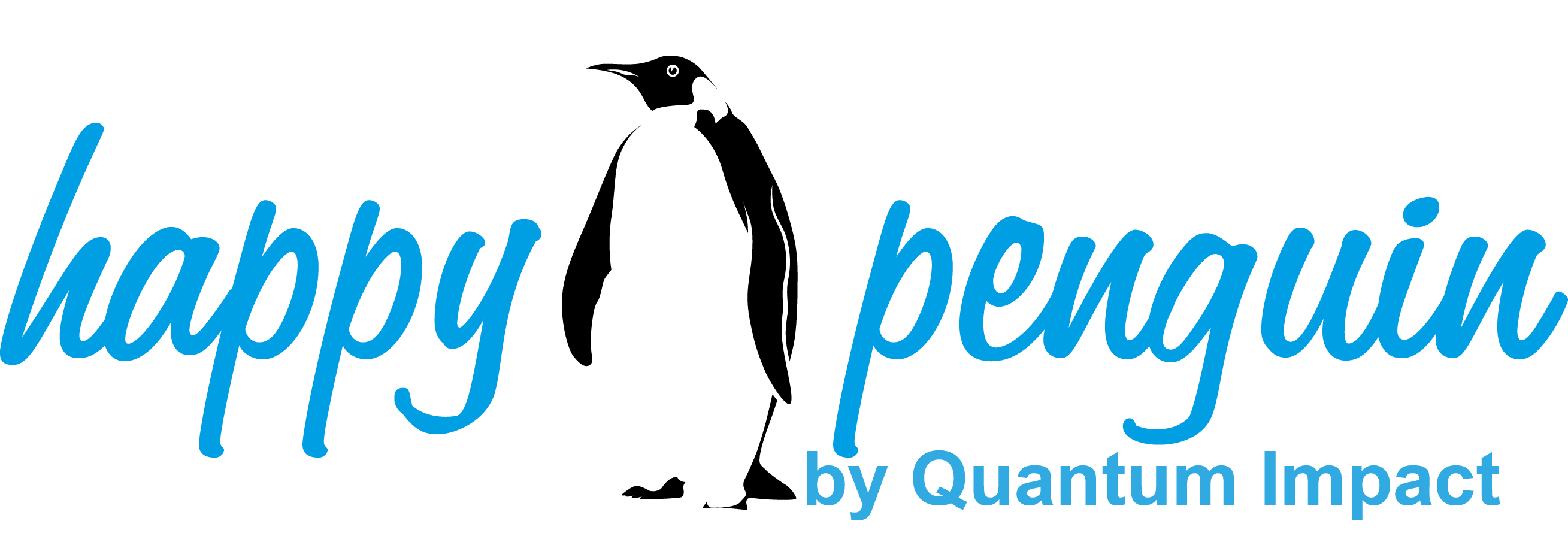 Our Products are NSF/ANSI certified. So what is NSF Certification?
Our Products are NSF/ANSI certified. So what is NSF Certification?
NSF is an international not-for-profit testing & certification agency founded in 1944. It is recognised globally as a leading expert in developing and administering performance standards for products for domestic and industrial products in sanitation and public health. Manufacturers, regulators and consumers look to NSF International for the development of public health standards and certification that help protect the world’s food, water, health and consumer products.
NSF maintains state-of-the-art laboratories where products can be tested according to the standards. NSF is accredited by ANSI (American Nstional Standards Instituition) as an ISO 9000 and QS- 9000 registrar.
For more than 65 years, NSF has been the trusted third-party testing organization for product manufacturers that deliver and treat drinking water. Here are the relevant NSF Standards for Drinking Water Treatment Units (excluding others for reverse osmosis, distillation, ion exchange, and ultra-violet units).
For NSF 42 & 53, this is the physical process that occurs when liquids, gases, dissolved or suspended matter adhere to the surface of, or in the pores of, an adsorbent medium. Carbon filters use this technology to filter water.
NSF/ANSI Standard 42: Drinking Water Treatment Units – Aesthetic Effects Overview:
This standard covers point-of-use (POU) and point-of-entry (POE) systems designed to reduce specific aesthetic or non-health-related contaminants (chlorine, taste and odor, and particulates) that may be present in public or private drinking water.
NSF/ANSI Standard 53: Drinking Water Treatment Units – Health Effects Overview:
Standard 53 addresses point-of-use (POU) and point-of-entry (POE) systems designed to reduce specific health-related contaminants, such as Cryptosporidium, Giardia, lead, volatile organic chemicals (VOCs), MTBE (methyl tertiary-butyl ether), that may be present in public or private drinking water.
For more information, visit NSF.org
